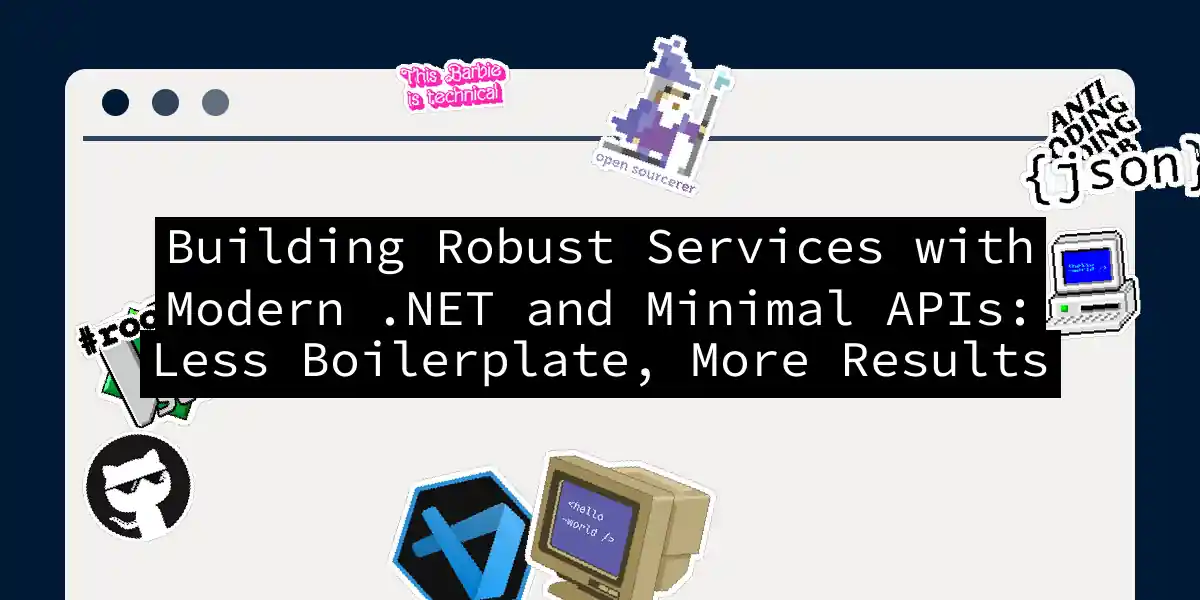
Are We Training Models on Corporate Secrets and Pretending It's Fine?
The elephant in the room isn’t new—it’s just gotten bigger, smarter, and disturbingly capable of memorizing everything you feed it. Yet somehow, we’ve collectively decided that pasting proprietary business logic into Claude or ChatGPT is totally fine. Spoiler alert: it’s not. The Uncomfortable Truth Nobody Wants to Admit Let me set the stage with what should be obvious but apparently isn’t: when you feed confidential data into an AI model, that data doesn’t just disappear into some secure vault....



